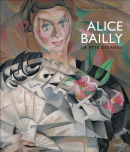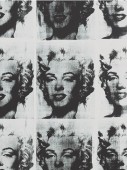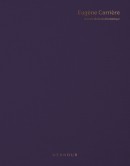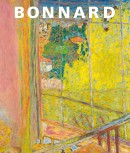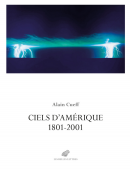> Catalogue
ALICE BAILLY : LA FÊTE ÉTRANGE
- AuthorPaul André Jaccard
- Publisher5 Continents
- Date of publicationOctobre 2005
- Language(s)French
- IllustrationsColour ill.
- Pages224
- DescriptionPaperback
- Price (VAT incl.)37.00 €
- AvailabilityOn order
Geneva-born artist Alice Bailly (1872-1938) affirmed her artistic vocation late in life. She made her first stay in Paris in 1906, and her talent was recognised as early as 1912, when her entries to the Parisian Salons were praised by Apollinaire, and especially in 1913, when her first solo exhibition enabled her to show that she belonged to the international avant-garde. Bailly made friends with many of her contemporaries including Cuno Amiet, André Lhote, Raoul Dufy, Juan Gris, Albert Gleizes and Guillaume Apollinaire.
Alice Bailly's art is characterised by a fantasy, an exuberance, a volubility, which found a plastic equivalent in cubism and futurism, from which she did not retain the discipline but the liberation of form and colour. Between 1917 and 1923, the artist executed some fifty "wool-paintings", multicoloured threads thrown in parallel lines onto a cotton canvas; for her, no difference in status, still less in artistic value, separated them from painting.
This richly illustrated first monograph devoted to Alice Bailly traces the singular career of the Swiss artist from her first stay in Paris and her Fauvist orientation to her evolution towards Orphic Cubism and Futurism, and then to her collages, wool paintings and decorations.
Price (VAT incl.) : 37.00 €
Peinture moderne et art contemporain
We also recommend
ANDY WARHOL...
EUGÈNE CARRIÈRE : SCÈNES DE LA VIE DOMESTIQUE...
BONNARD...
CIELS D'AMÉRIQUE, 1801-2001...







